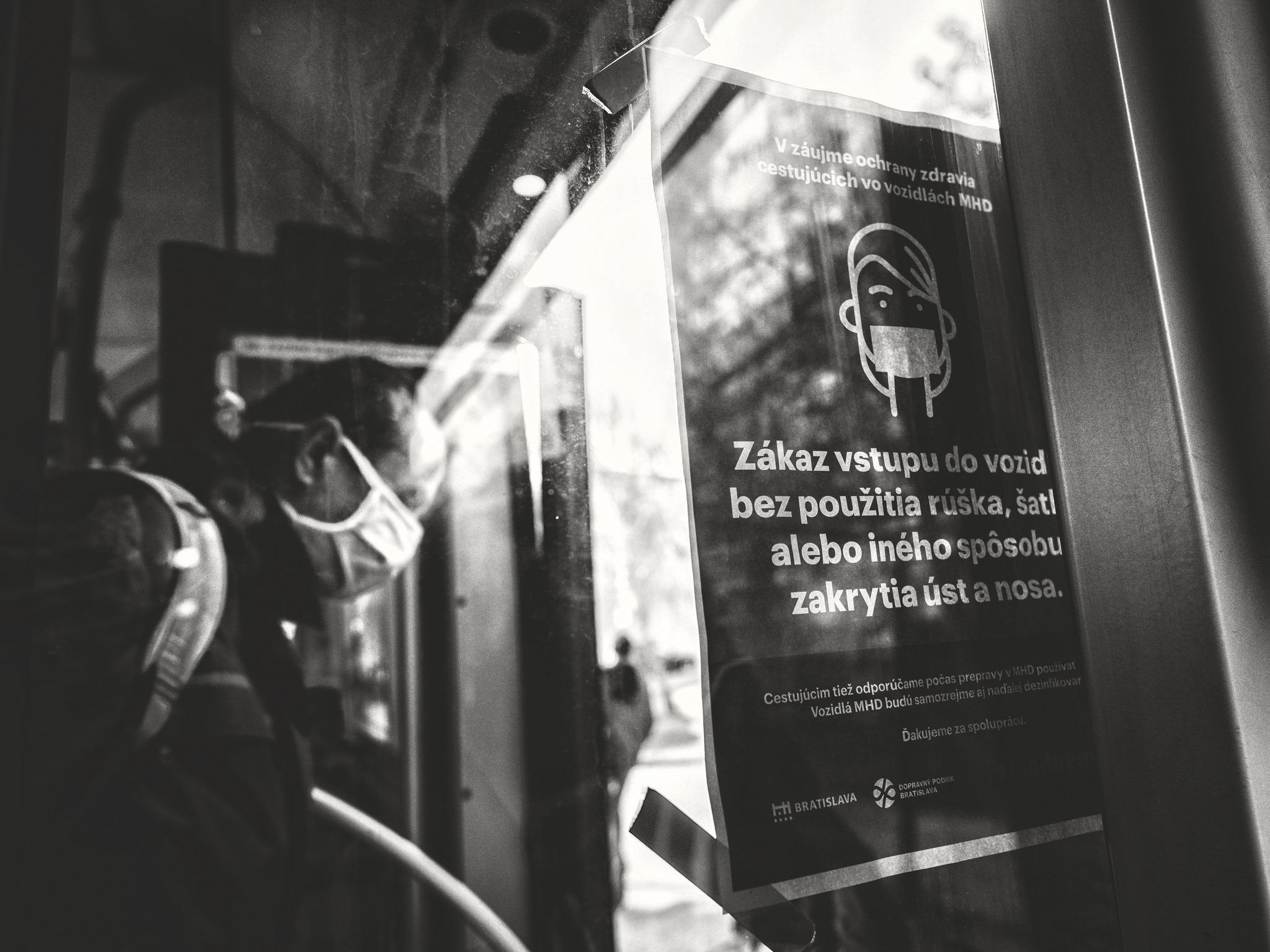Recenze publikace: Vaclav Smil - Fakta a mýty o energetice. Energy Myths and Realities: Bringing Science to the Energy Policy Debate.

Kniha českého rodáka, emeritního profesora vyšla v roce 2010, čas však její hlavní myšlenku spíše posílil.
Václav Smil je plodným autorem, plzeňským rodákem, emeritním profesorem University of Manitoba. Publikoval na 4 desítky knih a 500 odborných článků (v angličtině) rozebírající témata energií, paliv, technických inovací, demografických změn, populačního boomu, hodnocení rizik a neopomněl ani veřejnou politiku. Šířku jeho záběru spojuje důraz na fakta a kritický pohled na situaci. V případě potřeby se nebojí formulovat nelichotivé závěry či prognózy. Díky svému širokému záběru a přehledu je považován za jednoho z globálních myslitelů a mezi jeho fanoušky patří i Bill Gates.

